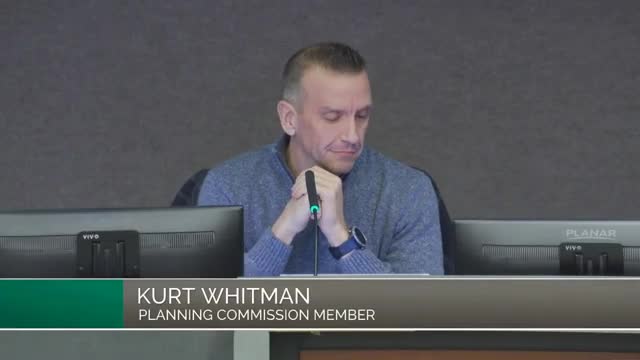Article not found
This article is no longer available. But don't worry—we've gathered other articles that discuss the same topic.
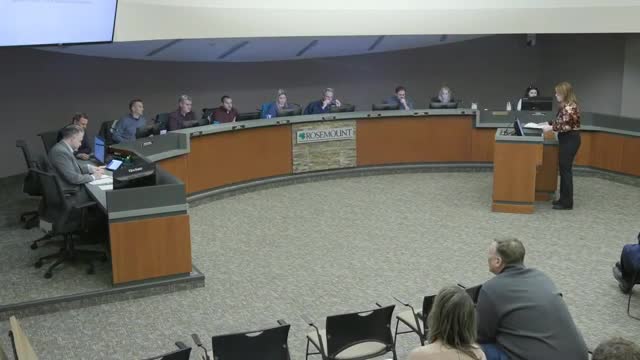
Planning commission continues Akron Ridge townhome rezoning and preliminary plat after resident concerns over trespass and safety
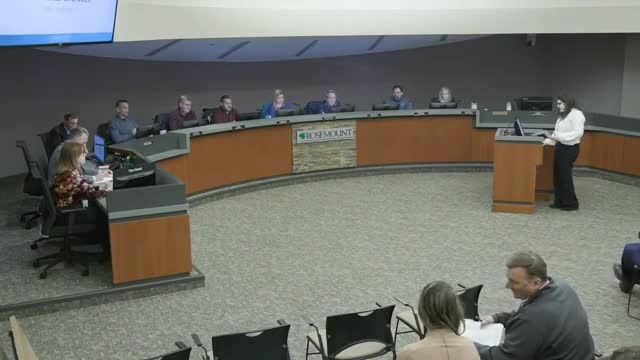
Planning commission recommends City Council approve small-scale mineral extraction permit for Max Steininger
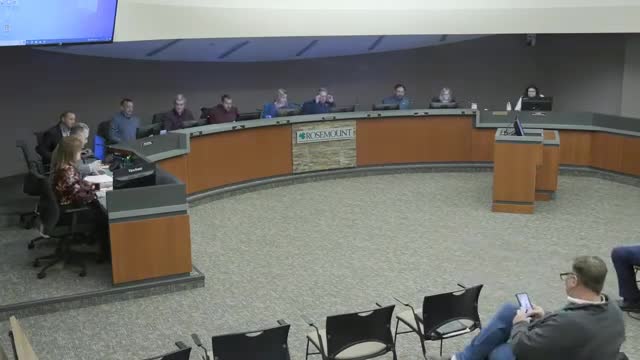
Planning commission approves consent agenda and minutes from Dec. 16 meeting
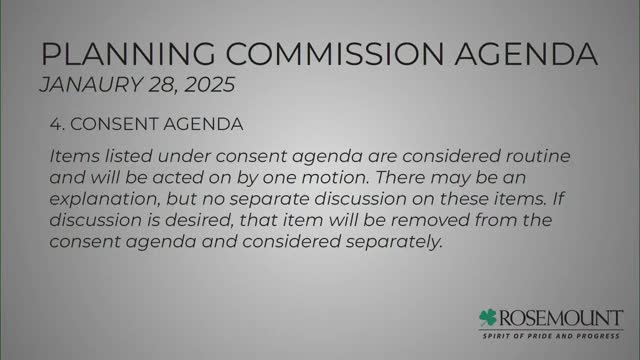
Planning commission continues Danner Inc. small-scale mineral extraction permit to allow haul-back testing
